There are a lot of misconceptions about “hacking” airfare costs, including the idea that booking on certain days and times will inherently yield cheaper flights.
And while this may have been true when online purchasing first began, airfare rates are now determined through complex algorithms that can change the price at any time, leaving ticket seekers confused and frustrated. For instance, have you ever had your session time out when booking a reservation only to discover that the price had increased when you started over? That’s because the algorithm changed in the middle of your search.
Though not always foolproof, here are some tactics you can implement during your search to help ensure you get the best fare possible.

Time your booking
While it is possible to find a deal late, booking last minute is generally going to be more expensive. There are two main factors that affect how early you should begin your search: your destination and when you’re traveling. If you plan to fly domestically during a peak travel time, book your flight three to six months in advance; one to three months is ample time for an off-peak trip. For international excursions, book four to ten months in advance during peak season and two to eight months during the offseason. Additionally, while not a guarantee, you may be able to find lower fares for Tuesday, Wednesday, and Saturday flights since business travelers typically fly on Sundays, Mondays, and Fridays, leading to higher airfare costs on those days.
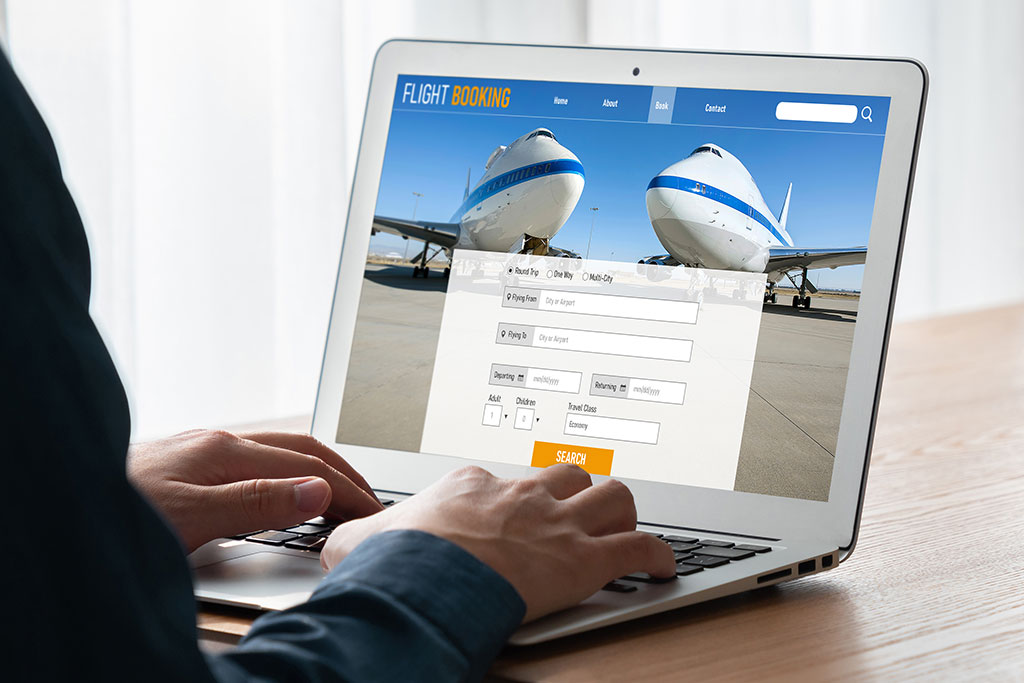
Utilize online search engines
You can typically get the best fares by visiting an airline’s website directly, but it’s still a good idea to search online travel agencies like Kayak, Expedia, and Priceline to compare prices. For longer trips, these sites will also allow you to combine flights from different airlines to create a single itinerary. Another place to look is Google Flights, a fast flight-search tool known for its user-friendliness. It enables you to search up to twelve months’ worth of fares in a nanosecond, and it will let you know if the fares are good, average, or high for the time you want to travel. Just note that some airlines, such as Southwest, do not post on these sites, so you must go directly to their websites for their fares and schedules.
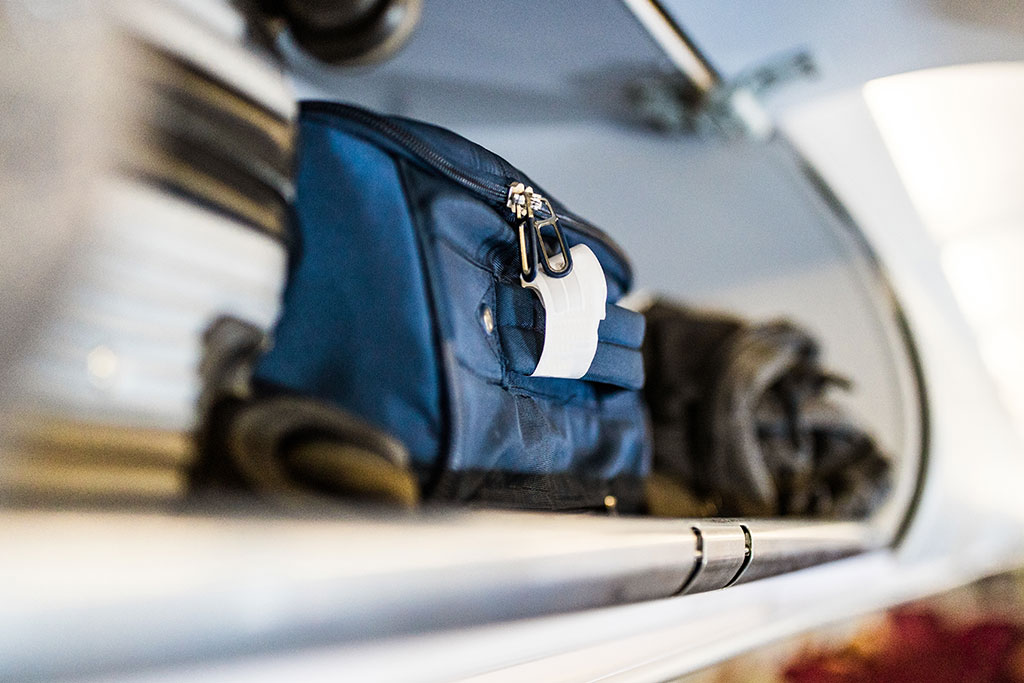
Consider discount airlines
No-frills airlines generally offer lower base fares, but make sure to factor in the costs for any additional services you may need when comparing pricing. For instance, some discount airlines charge for families to sit together or to have an agent print your boarding pass at the airport service desk. They also tend to have more restrictive cancellation and change policies than full-service airlines. However, if you are OK with paying extra to select a seat and you only need to travel with a small personal item, this can be a great option to get the cheapest fare.
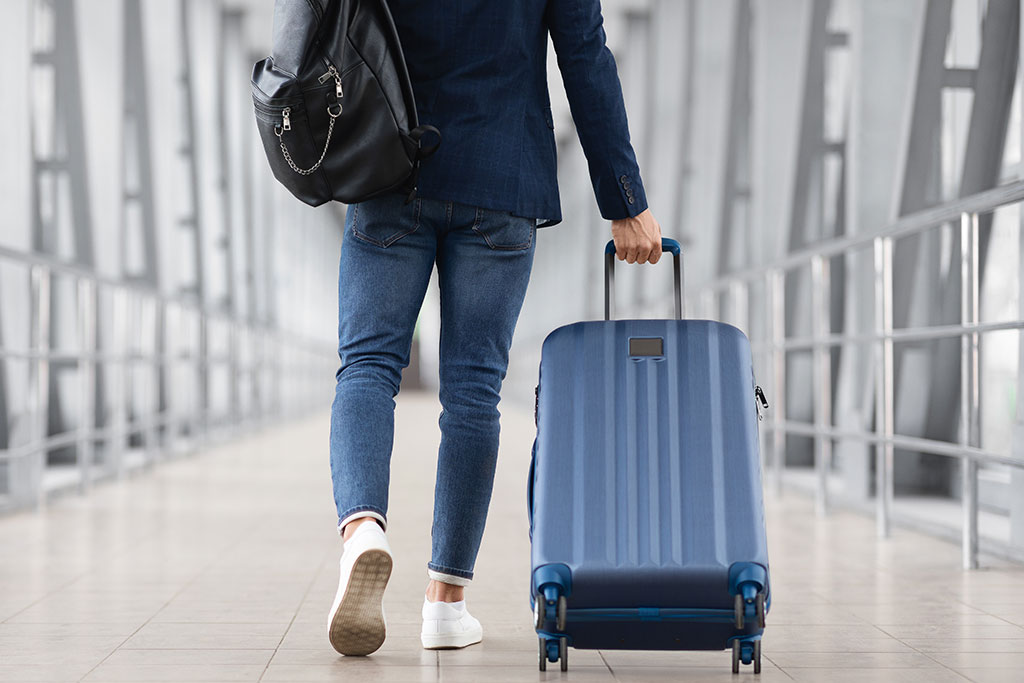
Book connecting flights
Selecting multiple flights could be more cost-effective than flying nonstop depending on your destination. For example, based on a recent Kayak itinerary, if you’re flying from Los Angeles to London, having even one stop could potentially save you $150. Just make sure to give yourself enough time between your connecting flights.
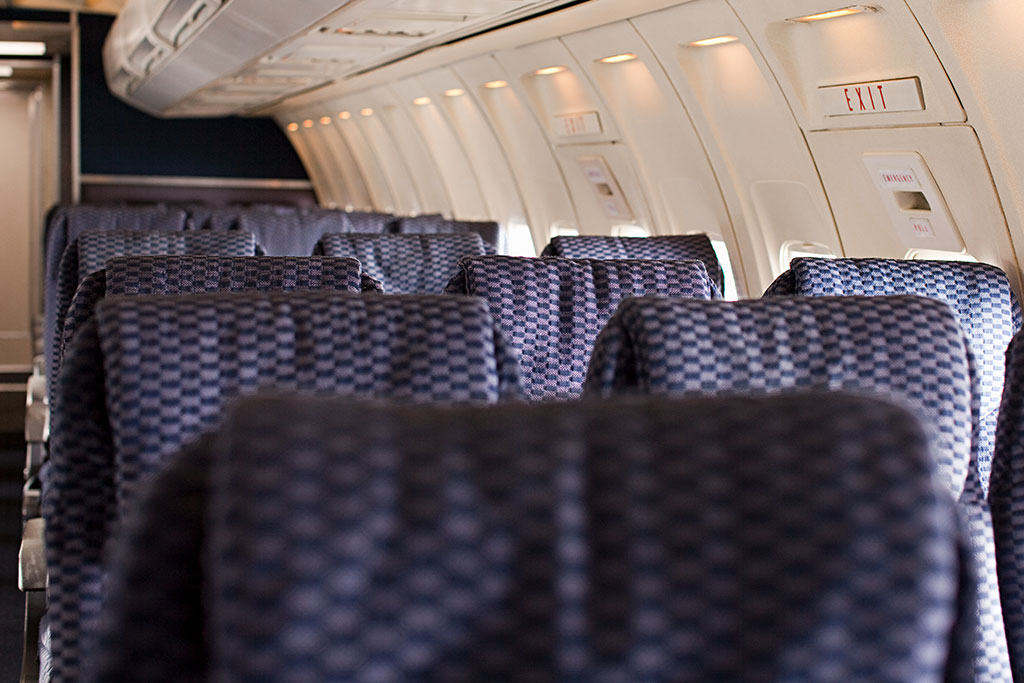
Spot “junk fees”
Additional charges known as “airline junk fees” have been trending upward in recent years as airlines search for new sources of revenue. Rather than being included, these fees, such as for seat selection, early boarding, and in-flight Wi-Fi, are tacked on to your base fare, exponentially increasing the cost of your ticket. Additionally, while the standard checked luggage limit for domestic flights is fifty pounds, some discount airlines cap it at forty pounds and will charge extra for anything above that.
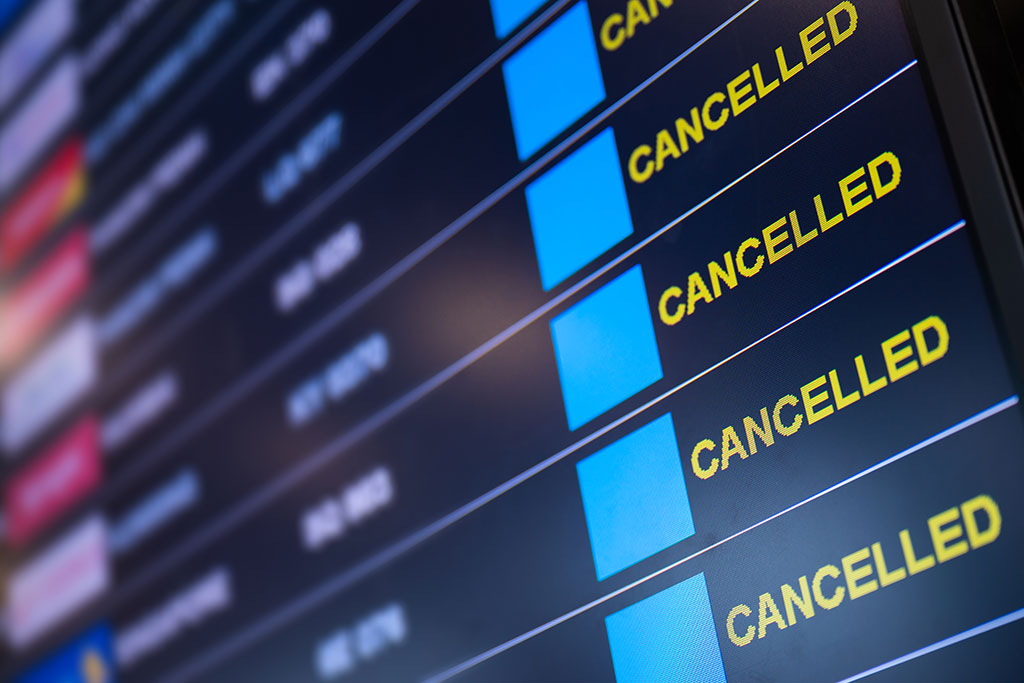
Check for airline errors
Airlines sometimes make mistakes when posting their fares, which can lead to significant savings for savvy travelers. These mistakes are caused by various factors, such as currency conversion, technical glitches, and even human error, and can potentially save you hundreds of dollars if you know where to look. There are several websites that scour the internet for these airfare errors and flight deals. Going, for example, allows you to sign up for email alerts for error fares that match your travel criteria.

Keep an eye out for special deals and rewards
Consider getting an airline credit card, many of which offer travel rewards and bonuses that can be redeemed for free flights and other perks like free carry-ons. Airline websites also offer special bargains throughout the year; sign up for notifications to stay on top of these deals and be informed when new routes become available.
Determining which airlines have the best and worst fares can get complex, so try to be as flexible as possible. Great deals are out there—you just have to know how to find them.
57 Views







